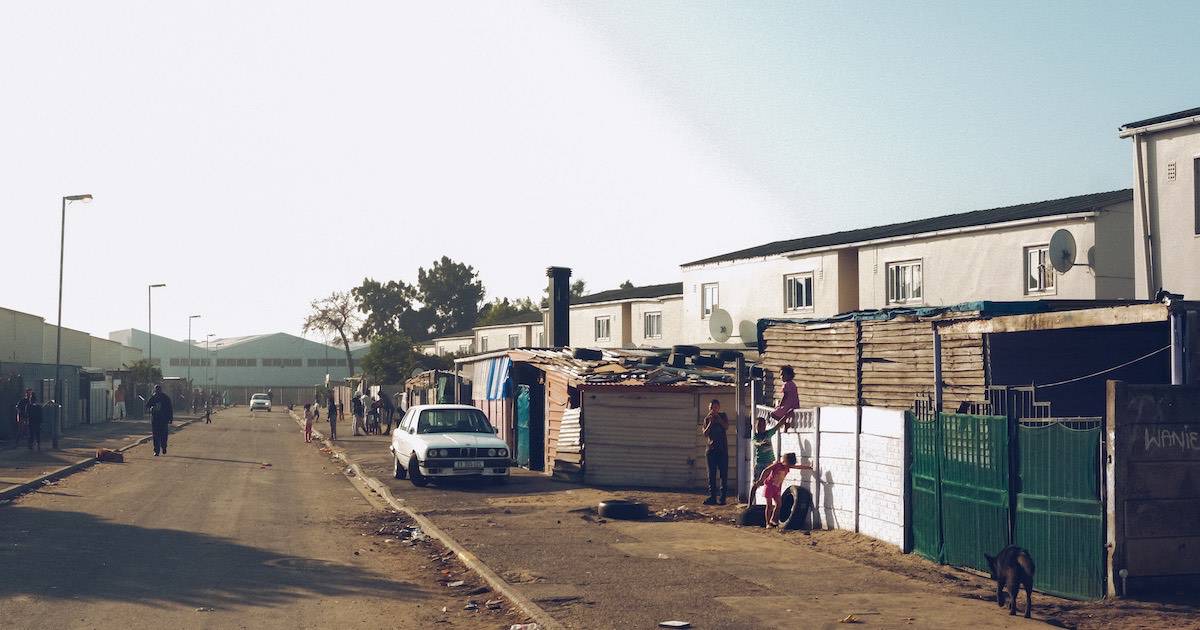This week the blog is sponsored by Acts 29 and is written by Matthew Spandler-Davison. Matthew is the vice president for global outreach for Acts 29 and manages Acts 29’s Church in Hard Places initiative. He is also a church planter and pastor of Redeemer Fellowship Church in Bardstown, Kentucky.
Charles Spurgeon, the known Baptist preacher in Victorian England once said, “One night alone in prayer might make us new men, changed from poverty of soul to spiritual wealth, from trembling to triumphing.” There is a powerful truth conveyed in this statement, that even in our hardest times and in the hardest places, we can trust that God is always at work.
Few of us would claim to be comfortable in the hard moments of life, let alone the hard places. And yet, this is the day-to-day reality of many pastors and Christians. Much of our world lives in the midst of real suffering, conflict, or a mixture of the two. One billion people live on less than $1USD a day. Over three billion people live in isolated and remote places that are often cut off from resources. Today there are over 50 countries where the risk of persecution for Christians is either “extreme” or “very high.”
There are places where life is hard in every nation and in every city. In the United States; for example, over 32 million people live under the poverty line, and cities like Detroit, Memphis, and Philadelphia have high crime rates. The hardship in these contexts is real—and yet God’s work through his pastors and churches is undeniable.
In all these areas, God is making a way. This has been his promise for generations: “I will make a way in the wilderness and rivers in the desert” (Isa. 43:19 ESV). He is a God who pursues those who wander and has compassion on those who suffer. He is the one who takes the old clay and fashions it into something new. Right now God is at work to rescue and redeem the lost and hurting in the most hard to reach places.
Let me share a story of a friend of mine named Gabe. Gabe grew up in Liberia, and in 1989 civil war broke out and ravaged his country. In the midst of violence, poverty, and famine caused by the war, Gabe fled to a refugee camp. There, he learned of Jesus and felt a burning passion to preach the gospel to all he met.
Gabe was in a hard place preaching God’s Word. That should seem like enough of a challenge.
But soon, as some in contexts of poverty do, Gabe fell prey to the prosperity gospel, and the teaching infiltrated the church where he was pastoring. In the midst of teaching heresy, Gabe reached out to me. He was looking to become a better pastor but needed help. Many ministries would not risk investing time and resources in someone preaching a false gospel as Gabe was. But, we took the risk and enrolled him into the two-year Acts 29 Church in Hard Places Apprenticeship program. There, Gabe learned about the true gospel and gained valuable training even as he continued to be in community with other pastors and Christians in Liberia. Gabe saw how he was deceived and turned course, leading his church away from the prosperity gospel. Today, he preaches and plants churches that are offering lasting hope for those wounded by the 14-year war in his nation.
We want to be like Jesus, who runs toward those who wander and has compassion on those who suffer. We want to be where he is at in the hard places of our world because we believe that by doing so, we will see him work in remarkable ways. And we can’t be content to sit back and wait for those working in the hard places to come to us for support. We want to be like Jesus—we want to go where they are, see how God is working, and partner with pastors and planters in those communities so they can extend the hope of Christ in the midst of great darkness.
Through Acts 29’s Church in Hard Places initiative, we see God working in incredible ways in some of the most difficult contexts—in urban centers blighted by violence, racial strife, and poverty; in rural communities facing drug epidemics and generational poverty; in restricted-access nations where persecution is real; and in remote populations seemingly left behind by a world in fast-forward motion, we are seeing disciples being made as churches are being planted.
Christian pastors and church planters who are working to make disciples in the hard places need our partnership. They need to know they are not alone—and they need the support of others to help them continue when there seems no end to the suffering they see. I believe that God is the master potter who is creating something great for his glory in the darkest of places, and that he is asking us to walk with his people who see that, even in the forgotten and forlorn places of our world, he is there drawing people to himself and as he does He is making all things new.
Check out this brief video so you can discover how Acts 29 is working to make disciples in the hard places and find out how you join us in this work.










